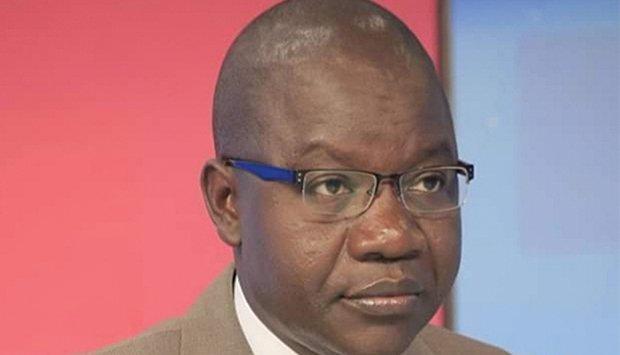Africa-Press – Angola. The diplomatic dimension of the first President of Angola, António Agostinho Neto, with the Organization of African Unity (OAU), refers to two perspectives: the diplomatic activity carried out within the framework of the National Liberation Struggle and State diplomacy, during the short term as a Statesman, highlighted the specialist in International Relations Matias Pires.In statements to Jornal de Angola, taken up again in connection with the centenary of Agostinho Neto’s birth, which is celebrated in five days’ time, he said that the MPLA, under the leadership of the able diplomat, from 1962 onwards, engaged in diplomatic contacts with the sending permanent representations to certain friendly countries and participating in international events dedicated to the cause of the anti-colonial struggle.
According to the academic, these actions resulted in obtaining support for the liberation war efforts, medical and drug assistance for Angolan refugees, the maintenance of the party’s fixed residence in some African states, as well as the condemnation and political isolation of Portugal from of multilateral organizations.
At the multilateral level, he said that the recognition of Angola by the Organization of African Unity (OAU), on February 12, 1976, was preceded by an intense diplomatic battle, adding that that continental institution recognized the GRAE, formed by the FNLA, in 1963.
Admission to the United Nations (UN), he said, on 1 December of the same year, repeated the framework of intense diplomatic work, with Nigeria threatening to cut off oil concessions to the US if it continued to veto Angola’s entry into the largest universal multilateral organization.
“With the issue of recognition over, President Neto decided to focus diplomatic activity on four vectors, namely, the structuring of the doctrinal bases of the Foreign Policy of the People’s Republic of Angola, the fight against external aggression, normalization of good neighborly relations with the bordering countries and the mobilization of scholarships abroad for the massive formation of the new man and the consequent reduction of the high illiteracy rate”, he reinforced.
Matias Pires stressed that the bases of the foreign policy of the People’s Republic of Angola were approved at the 3rd Methodological Meeting of the MPLA Central Committee, held between 29 and 30 October 1976 and ratified at the 1st Congress of the party, in December of the following year. In his view, despite the primacy given to socialist countries, President Neto had a variable geometry for cooperation with western countries that were willing to do so.
For More News And Analysis About Angola Follow Africa-Press






